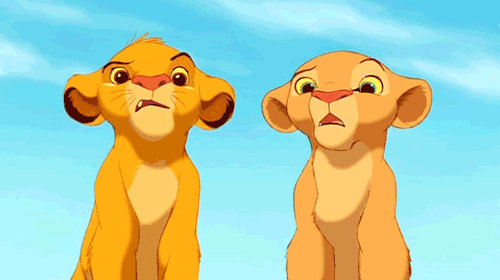Our library has a 1,000 Books Before Kindergarten program. It's awesome.
Here are the reasons that it's awesome:
1) The kids know that they're a part of something. Something big. Whenever they finish 100 books, they come to turn in their sheet, waving it in the air and skipping. You can tell they're really proud.
2) Parents are cognizant about their role in school readiness. Reading before school is not only a fun way to bond as family, it actually does terrific stuff to the brain. Like map it to be smart.
3) It benefits us, it benefits them. Our circulation numbers increase. The families have a successful, productive visit to the library. The kids feel good coming to the library. Snag 'em early.
Here's not a reason why it's awesome.
1)Studies show that kids should read 1,000 books before Kindergarten. Despite that the idea has been passed around a lot for the last year, no one has ever scientifically concluded that kids should read 1,000 books before Kindergarten.
What's the big idea?
This post was inspired by the large number of libraries, wanting to join the 1000 Books B4K movement, attempting to write grants to fund their programs. They need research as a backbone for their grants, but they have trouble finding it. So they turn to list-servs, where I attempt to help them out. I've pretty much written a version of this in personal emails 10 times over the past 6 months.
If you're looking for the research you can use, you've come to the right place. Because I'm gonna lay it out for you here.
What does the research say?
1. "Home literacy" or engaging in language and reading at home before school, increases reading readiness.
2. Vocabulary, in its complex existence, is of paramount importance for reading readiness.
3. Vocabulary can be developed by sharing books.
4. Early successful language activities, such as sharing stories, contribute to the prevention of reading difficulties in school.
5. A home life that includes positive experiences with reading and the library ensures positive attitudes for reading once in school.
Where does "1000 Books" Come From?
Most recently I've heard it's from an author's website. I never heard of this exact idea before I got into libraries (and I used to write professional development based on reading research). BUT, there is science behind the concept:
- It's a Goldilocks goal: Challenging, but more than 1,000 would seem insurmountable; less than 1,000, and some families would be done as soon as they started. Families want to achieve it and know that they can.
- Research suggests reading 10-20 minutes per day outside of instruction: Every ten minutes increases the benefits of print exposure, but the most bang for one's proverbial buck happens at 20 minutes per day.
- You can share 2-3 picture books in 20 minutes. Add that up and it's about 1,000 books in one year.
No, because:
1) Kids can easily finish their B4K goal when they sign up at age 3 or 4.
2) If they sign up earlier than that, the library is helping the family create a library routine that will last far past when they've reached their goal.
Ready to Start a 1000 B4K program at your library?
My supervisor has taken all the guesswork out of it by blogging about our experiences with the program and providing downloadable materials on the system library website.
You're welcome.




No comments:
Post a Comment